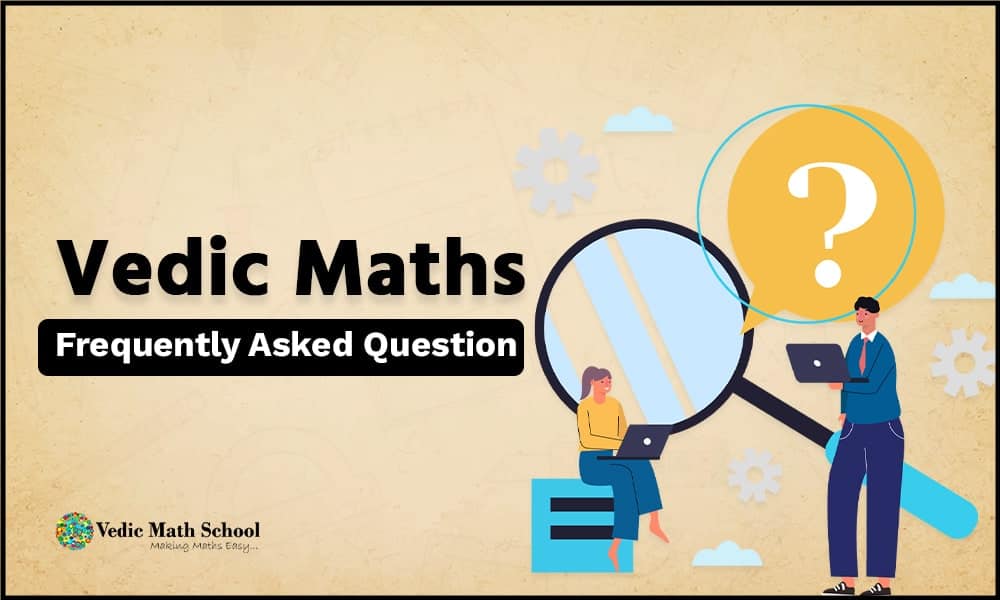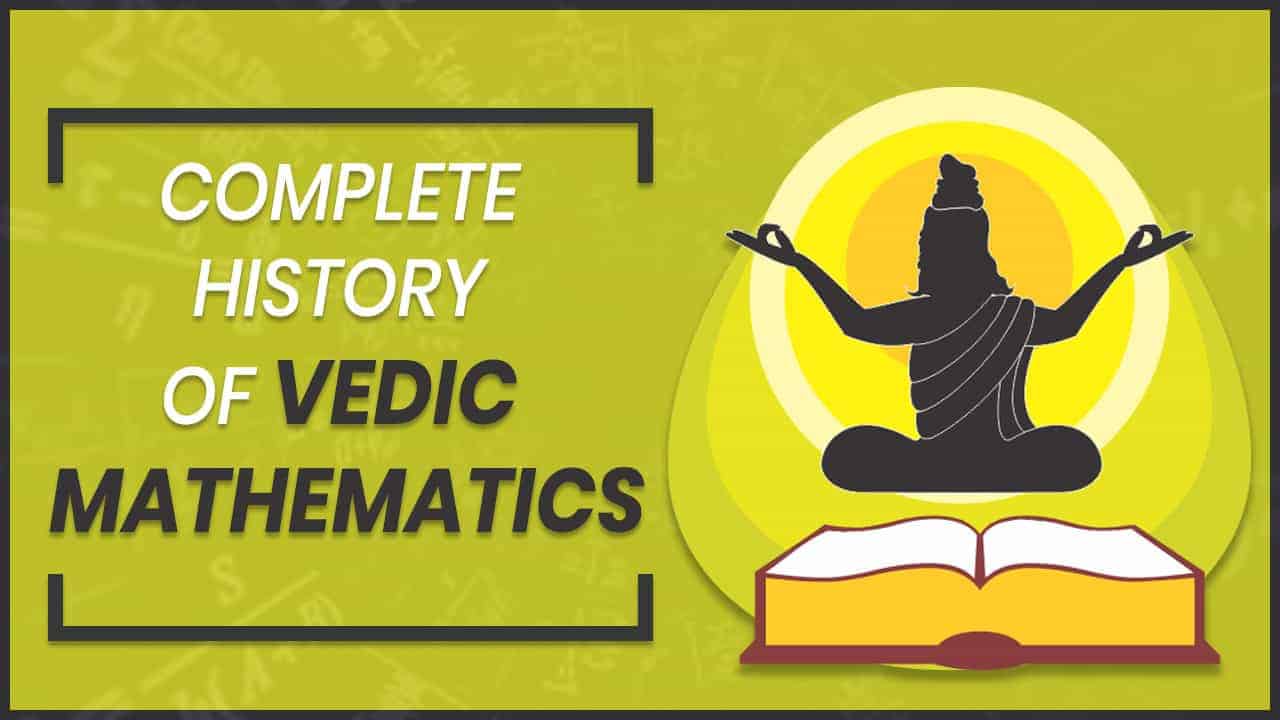In this section, I am listing some of the frequently asked questions from my workshops. These queries often relate to Vedic Mathematics or, at times, the broader ancient Vedic education system. Addressing these questions will provide you with deeper insights into the ancient Vedic framework.
Q1: Many claim that the “Pythagorean theorem” was discovered in India, not by Pythagoras. Is it true?
Answer: Yes, there are historical references in ancient Indian texts like the Baudhayana Sulba Sutra that describe a principle similar to what we now call the Pythagorean Theorem, long before Pythagoras lived.
However, while this shows that Indian mathematicians had deep knowledge of geometry early on, Pythagoras is often credited in the modern world due to the formal documentation and naming of the theorem in Greek history. So, while India may have discovered it earlier, the global academic system still uses the Greek attribution. Both cultures have contributed greatly to the evolution of mathematics.
Q2: Is German or Russian Maths superior to Vedic Maths?
Answer: Each system of mathematics has its own strengths. German and Russian math education is often praised for its rigor and depth, especially in advanced theoretical mathematics. Vedic Maths, on the other hand, shines in mental calculation, speed, and simplicity—especially helpful at school levels or competitive exams.
It’s not about superiority, but rather about application. Depending on your learning goals, different systems may offer different advantages. Many educators even recommend combining traditional systems with Vedic Maths for a more well-rounded understanding.
Q3: Will I forget traditional Maths if I learn Vedic Maths?
Answer: Not at all. In fact, learning Vedic Maths can enhance your understanding of traditional math. It acts as a complementary system that offers shortcuts and alternative ways to solve problems, often making concepts clearer and calculations faster.
Instead of replacing traditional math, it acts like building blocks that strengthen your mental agility. Many students report improved accuracy and confidence after learning Vedic techniques.
Q4: Is Vedic Maths difficult to remember?
Answer: Vedic Maths is designed to be intuitive and easy to remember. The methods are based on logical patterns and simple formulas (called sutras) that often become second nature with practice.
At first, like any new skill, it might take some effort to grasp. But once understood, the techniques are usually easier and quicker than traditional steps. Many learners find it fun and even addictive to use in daily calculations. Also, memorising anything for a long time requires practice, same applies to the case of Vedic Maths.
Q5: Why Should We Study Vedic Math?
Answer: This question doesn’t have a single-line answer. Explaining it in detail would take 2–3 pages. However, to summarize, I would recommend attending a workshop or class to start learning Vedic Mathematics. Over time, it will give you more than enough reasons to understand why you should study it!
Q6: This Is All About Past Knowledge. Why Should We Encourage Learning It?
Answer: : You are correct; it is old. But you must have heard the saying, “Old is gold.” In the case of Vedic Mathematics, this old knowledge is even more precious than gold. As we believe, “Don’t turn your back on your past, but if you do look back, make it the foundation of your future.”
Vedic literature isn’t just a collection of spiritual texts from Hinduism. Its scope spans from the atom to the universe, from cells to the soul. Vedic Mathematics, as a part of this system, is just as unique as any other branch of mathematics.
Q7: Is This the Saffronization of Education in India?
Answer: No, this is a big misconception. Many people confuse the term “Vedic” with religious or political connotations because of its name. However, “Vedic” simply means knowledge or wisdom. It also refers to a historical period (the Vedic Age, 1700 BCE–1100 BCE, Iron Age).
The Supreme Court of India has clarified that the term “Vedic” has a secular meaning and signifies time and knowledge.
His Holiness Jagadguru Sankaracharya Sri Bharati Krishna Tirthji Maharaja explained in his book “Wonder of Vedic Mathematics” that the term “Vedic” signifies “the ultimate source of knowledge.”
Q8. Is Vedic Maths only about addition, subtraction, multiplication, and division?
Answer: No, Vedic Maths goes far beyond basic operations.
While it’s popularly known for its speed techniques in addition, subtraction, multiplication, and division, its principles also extend to areas like algebra, geometry, calculus, and even higher-level mathematics.
Vedic Maths offers a way of thinking that encourages flexible, creative problem-solving — making it much more than just quick calculations.
Q9. Is Vedic Maths religious or only for Indians?
Answer: Not at all. Although the origins of Vedic Maths are linked to ancient Indian texts, the subject itself is purely mathematical, logical, and universal in its application.
People of all backgrounds, nationalities, and faiths can learn, teach, and benefit from Vedic Maths. It’s a beautiful example of how ancient knowledge can serve humanity globally, beyond cultural or religious boundaries.
Q10. Why is Vedic Maths not taught officially in most schools yet?
Answer: The adoption of Vedic Maths in formal education systems is gradually increasing but remains limited. This is mainly because traditional curricula are slow to integrate alternative approaches, even highly beneficial ones like Vedic Maths.
However, many progressive schools, private educators, and institutions worldwide are now introducing Vedic Maths as a supplementary skill, recognizing its potential to enhance students’ speed, accuracy, and confidence in mathematics.
Q11. Can Vedic Maths replace the need for calculators?
Answer: In many day-to-day scenarios, yes, Vedic Maths can greatly reduce reliance on calculators. It empowers learners to perform complex calculations mentally with impressive speed and accuracy. However, in very large-scale industrial or scientific computations, calculators and computers remain necessary.
Vedic Maths strengthens mental agility and independence — helping individuals perform everyday and academic calculations with confidence and ease.
Q12. Can housewives, parents, and working professionals also learn and teach Vedic Maths?
Answer: Vedic Maths is designed to be simple, intuitive, and adaptable for learners of all ages and professions. Housewives, parents, teachers, and working professionals not only find it easy to learn, but many also go on to teach it — either to their children or as part of professional teaching careers.
It’s a wonderful asset for personal growth, empowering individuals to boost their mathematical skills, teaching capabilities, and even create new career opportunities.
Q13. Does Vedic Math have some limitations just like traditional maths?
Answer: Like any system, Vedic Maths has its scope and boundaries. While it offers incredible speed and flexibility for a wide range of problems, some highly advanced or specialized mathematical problems (especially in modern applied sciences) still require traditional methods or technological assistance.
That said, Vedic Maths still remains a powerful complement to conventional learning —making mathematics easier, faster, and more enjoyable without intending to completely replace traditional methods.



very easy and will create enthusiastic interest to students